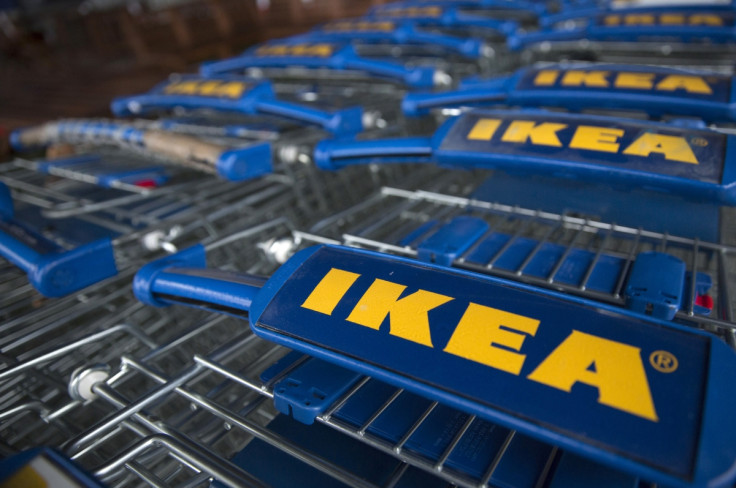Ikea stops selling solar panels in UK as government signals cut in solar subsidies

UK householders seeking solar panels now need to look beyond Ikea, as the Swedish furniture-maker has stopped selling them after the government announced a cut in solar subsidies. The move comes two years after Ikea had a media-friendly national launch of the product.
Post a successful test run at its Lakeside store in Essex, Ikea decided to sell solar panels across all of its 17 stores in the UK in 2013-14, to tap growth in the then heavily-subsidised green energy market. At the time, its UK head of sustainability had said, "We know that our customers want to live more sustainably and we hope working with Hanergy [Ikea's technology partner] to make solar panels affordable and easily available helps them do just that."
However in November 2015, the furniture maker did not renew its contract with Hanergy – its Hong Kong-headquartered solar panel supplier. While the world's largest furniture-maker did not cite any particular reason for the move – that came two months after the UK government announced it would reduce solar subsidies dramatically – an Ikea spokeswoman said that it would resume selling these panels by the end of 2016.
She stated, "Based on the successful roll-out [of solar] and to ensure Ikea Group has a growth plan in place for the future, we have evaluated our business model, starting in the UK. A new business model has been decided upon, which included the decision not to renew the contract with Hanergy Solar UK when their current contract ended on 1 November 2015."
According to Solar Power Portal, UK's leading news portal that covers the solar industry, many Chinese companies had expressed interest in supplying solar panels to Ikea. Some of the Swedish company's initiatives to promote green energy include selling only energy-saving LED bulbs at its stores, its foundation pledging €1bn (£777m, $1.12bn) towards climate change and renewable energy, apart from installing sizeable solar systems in some of its UK stores.
As part of the government's move to reduce subsidy, the incentive scheme for household solar power, the feed-in tariff, was closed to new applicants for the past three weeks. The scheme, however, reopened on 8 February, with 65% lower rates and a new cap on installations.
Despite the lower incentives, which has resulted in the payback period extending by another six years, the industry maintains that solar is still a good option for householders, according to The Guardian.
© Copyright IBTimes 2025. All rights reserved.





















